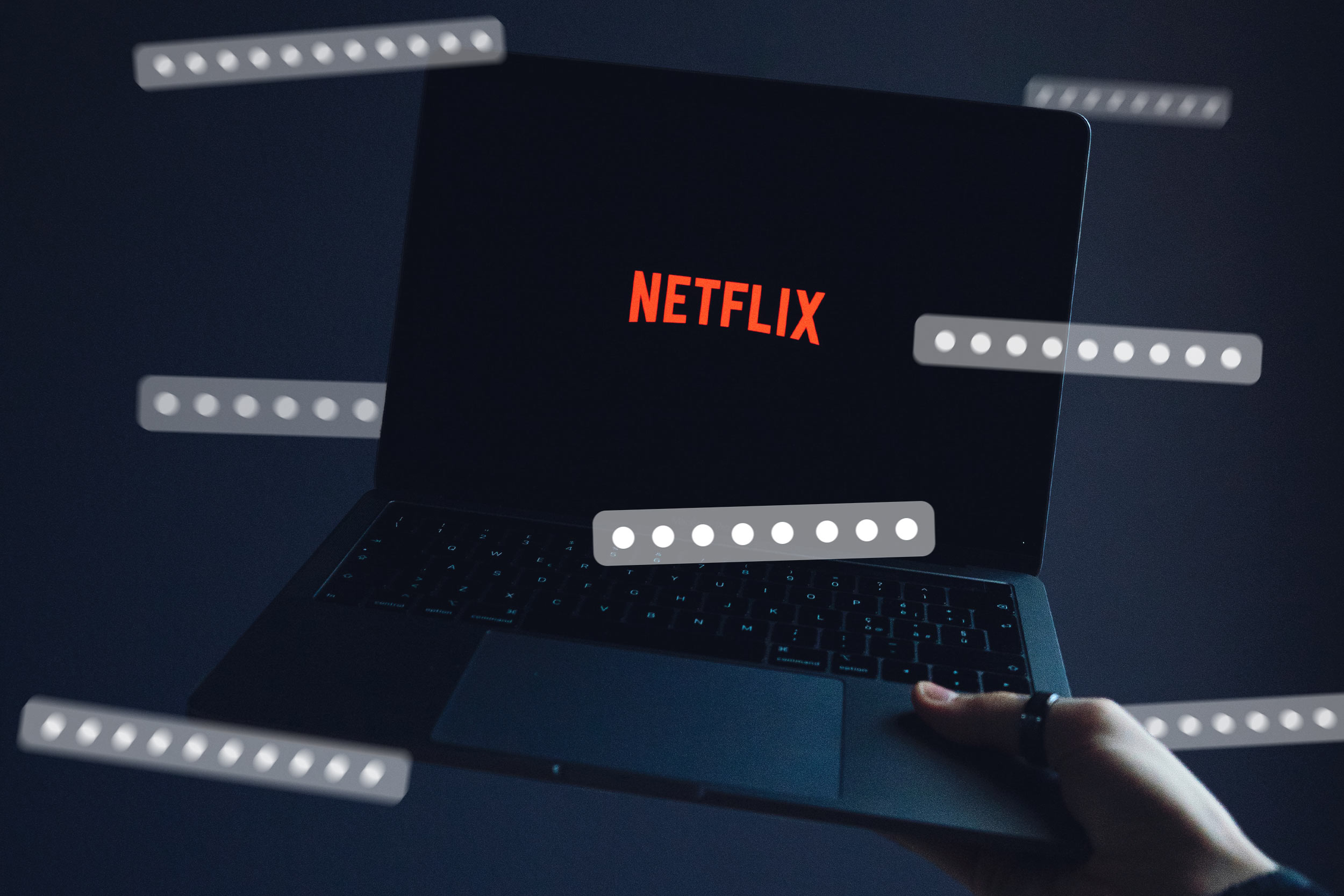News leaked last week of Netflix’s new password rules. The company could require all accounts and devices used for streaming to be linked to the same Wi-Fi network. So if you’re using the account of a friend or family member who lives in a different home – either down the road or a few states away – you may soon be blocked from logging into Netflix.
The potential change – which Netflix says now only applies to account holders in Chile, Costa Rica and Peru – seems inevitable for users in North America, where Forbes says password sharing happens in more than 30 million households.
To get a gauge of how this came to be, and what it might signal for the future of subscription video-on-demand services, we caught up with Anthony Palomba, an assistant professor at the University of Virginia’s Darden School of Business.
Fascinated by media, entertainment and advertising firms, Palomba is working on several research papers that analyze the dynamics of the subscription video-on-demand marketplace.











